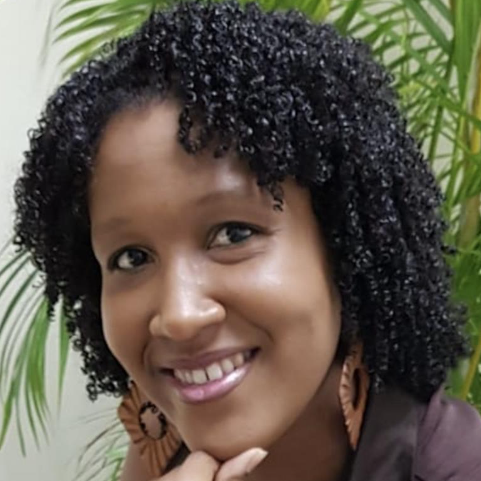
Affiliation:
The University of the West Indies, Cave Hill Campus, Barbados
Short bio:
Dr Mia Amour Jules is a registered clinical psychologist and senior lecturer in psychology in at the University of the West Indies, Cave Hill Campus in Barbados. She is a past Organization of American States Research Fellow, a University of the West Indies full postgraduate scholar, a University of Nottingham doctoral visiting scholar and a Commonwealth split-site scholar. She is also the coordinator of the Bachelor of Arts (Special, Major and Minor) programmes in psychology at her university. The revised Bachelor of Arts programmes in psychology were the first fully blended undergradaute programme at the Cave Hill Campus in Barbados. It is a relatively young blended programme having started in 2021. As such, Dr Jules has a keen interest in exploring Caribbean lecturers’ psychological competencies for blended learning practice. It is hoped that research into the blended learning teaching practices of lecturers will contribute to the future development of the undergraduate psychology programme as well as inform the development of other blended programmes at the University of the West Indies. In addition, Dr Jules also conducts research into psychoeducational factors that contribute to and hinder the successful transition of child, adolescent and adult learners through Caribbean educational systems as well as various psychosocial factors that influence health-damaging behaviours among adolescent and emerging-adult populations in online and offline contexts.
Title:
Caribbean Lectures Speak! The forgotten voices in blended classrooms:
Reflections of caution, creativity and change
Abstract:
Universities contribute to the achievement of the United Nations’ Sustainable Development Goals (SDGs) by delivering education products that ensure its graduates can be competitive in an ever increasingly globalised and technologically-driven world. Blended learning programmes in higher education are critical to a country’s ability to achieve SDGs as engaged students are engaged learners essential for fostering and creating a sustainable world. Blended teaching requires lecturers to constantly self-reflect on their pedagogical practice and course design to enhance student learning. However, there is yet to be a significant corpus of literature within higher education that takes the perspective of lecturers even though they are practitioners of blended learning pedagogy. Within the context of the Caribbean, research has predominantly focused on the extent to which blended learning assists students with the successful completion of their courses or the ways that teaching practices in online spaces are articulated within university organisational mandates. Findings from a qualitative case study exploring the ways that twelve Caribbean lecturers experienced and navigated the blended teaching process in a new blended psychology undergraduate programme will be presented. A grounded theoretical approach was used resulting in a new pedagogical model: The Blended Learning Environmental Nexus Development (BLEND) model, which highlights the cognitive, behavioural and environmental factors that contribute to successes for students and lecturers alike within a blended learning environment. Study implications, limitations and recommendations for future research are discussed.
